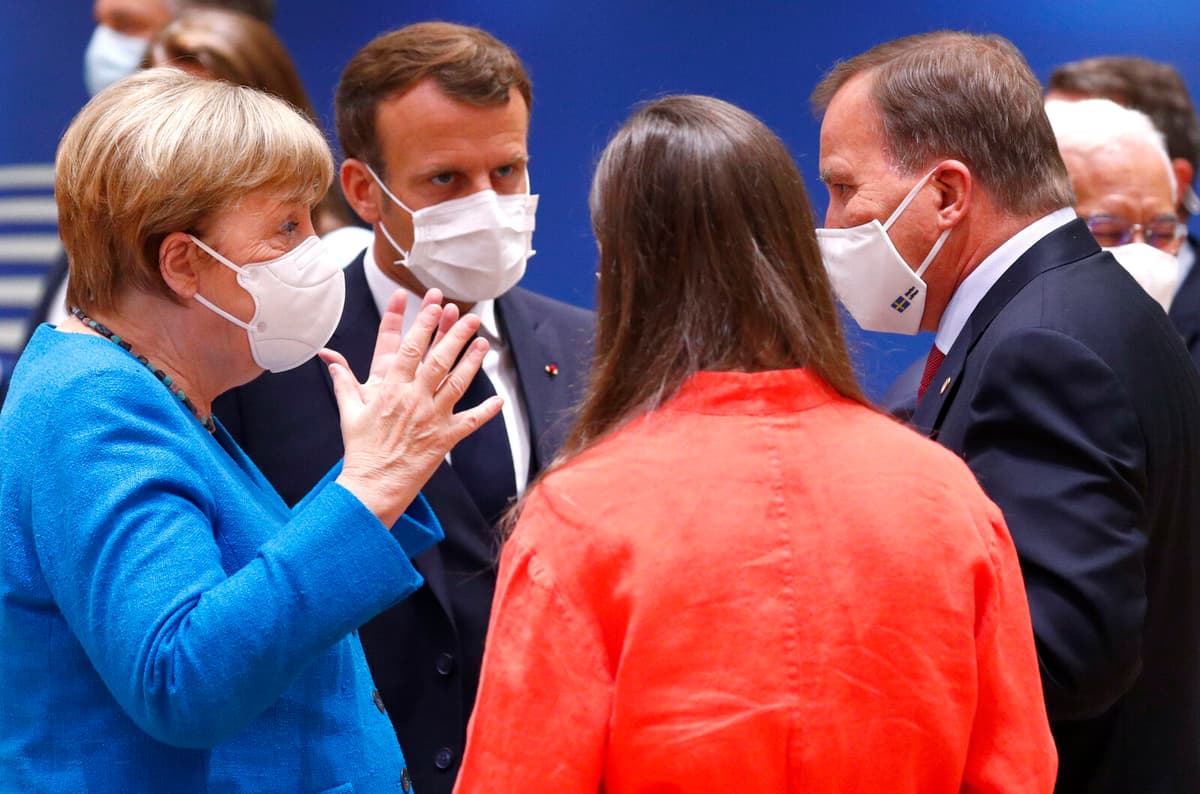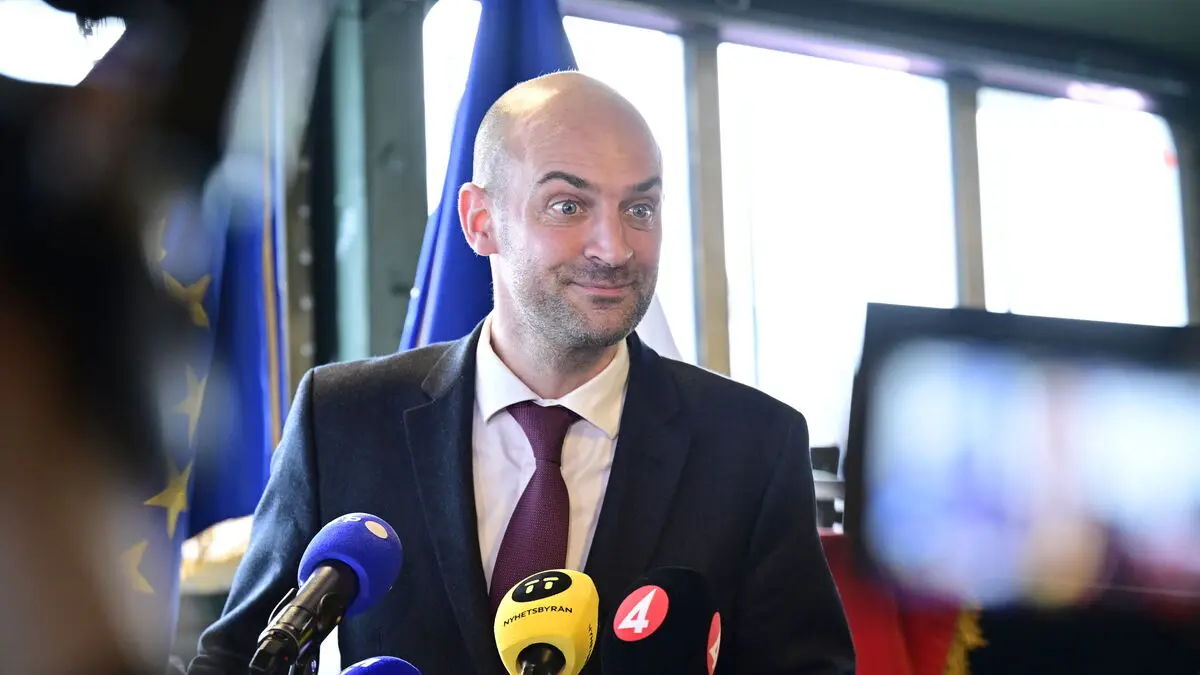What is it about?
The EU's long-term budget (abbreviated MFF in English) sets the framework for what the EU will jointly invest in during the period 2028-2034. Traditionally, much of it is about supporting agriculture and leveling out the relationship between poor and rich regions. But this also includes everything from border surveillance and student exchanges to association support and cooperation on prosecutors.
What is it not about?
School, healthcare, and care are things that all countries handle on their own, as well as the police and defense. However, the pressure is now high to at least help countries upgrade their defense, due to Russia's war in Ukraine.
Is it a lot of money?
Yes - and no. In pure numbers, the budget is enormous, just over 10,000 billion kronor for the latest seven-year period. This corresponds to just over 1 percent of the EU countries' total GDP. A constant tug-of-war is ongoing between those who believe that the EU should do more or less.
Who pays?
Primarily the 27 member countries that pay into the budget according to their population and economic strength. Sweden - which accounts for around 40 billion kronor every year - belongs to the richer countries that pay more than they get back in pure grants. Smaller parts also come from VAT and customs duties.
What are they arguing about?
Almost everything. The countries in the south and east traditionally want more regional support and large agricultural countries like France absolutely do not want to cut farm subsidies. Sweden goes against the current in many areas, wants a small budget that invests more in defense and sets tough demands for countries to meet basic requirements for democracy and the rule of law.
Wiktor Nummelin/TT
Facts: The road to the EU's budget
TT
This is what the timeline looks like for the EU's next long-term budget:
16 July 2025: Commission President Ursula von der Leyen and Budget Commissioner Piotr Serafin present the Commission's proposal.
18 July: The member countries hold a first discussion on the situation at the EU ministerial meeting in Brussels, after which negotiations continue at a lower level during the autumn.
2026: Negotiations and counter-proposals between the EU Parliament (which often wants a much larger budget) and the member countries (which are much more frugal).
2027: The member countries are expected to unite after tough final negotiations during one of the meetings of the heads of state and government. Last time, they sat for four days, including two full nights, in July 2020.






